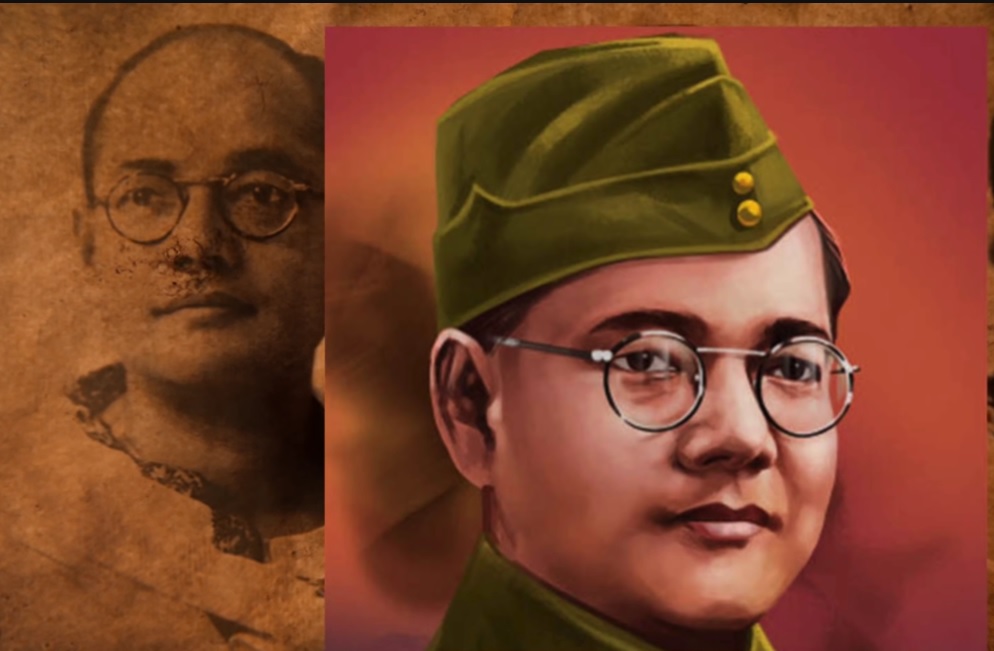Subhas Chandra Bose: A Visionary Leader and Patriot
Introduction:
Subhas Chandra Bose, fondly known as Netaji, was a prominent Indian nationalist leader who played a crucial role in India’s struggle for independence. His unwavering determination, innovative approach, and charismatic leadership left an indelible mark on the country’s history. This essay delves into the life, contributions, and legacy of Subhas Chandra Bose.
Early Life and Education:
Born on January 23, 1897, in Cuttack, Odisha, Bose displayed a keen intellect and a strong sense of nationalism from an early age. He completed his education in India and then pursued further studies in England.
Ideological Evolution:
Bose’s time in England exposed him to various ideologies, leading him to reject the non-violent approach of Mahatma Gandhi. He believed that India’s freedom could only be achieved through direct action and armed struggle against British colonial rule.
Formation of Forward Bloc:
In 1939, Bose founded the Forward Bloc, a political platform aimed at promoting radical and militant activism for India’s independence. He sought to unite various nationalist factions under one banner.
Escape from British Custody:
Bose’s commitment to the cause led him to evade house arrest in India and escape to Germany in 1941. From there, he went to Japan, seeking international support for his mission to free India from British rule.
Formation of Azad Hind Fauj:
Bose collaborated with the Axis powers and formed the Azad Hind Fauj (Indian National Army or INA) to liberate India from the British. He rallied Indian soldiers and civilians living abroad to join the INA’s ranks.
Leadership and Legacy of INA:
Bose’s leadership of the INA inspired countless Indians, especially soldiers, to fight for their country’s freedom. The INA’s slogan “Jai Hind” and its contributions in Burma and the northeast played a significant role in weakening British control.
Radio Broadcasts and Propaganda:
Bose’s radio broadcasts from Radio Tokyo, where he addressed Indians as “Azad Hind Radio,” further motivated and united his countrymen against British rule.
Death and Controversies:
Subhas Chandra Bose’s mysterious death in a plane crash in 1945 remains a topic of debate. Various theories surround his demise, but his legacy as a valiant freedom fighter remains undisputed.
Legacy and Influence:
Subhas Chandra Bose’s fearless approach and dedication to India’s independence movement made him a symbol of courage and patriotism. His emphasis on “Dilli Chalo” (March to Delhi) and his belief that “Give me blood, and I shall give you freedom” continue to inspire generations.
Posthumous Recognition:
Netaji’s contributions to India’s struggle for independence are celebrated annually on his birthday, January 23rd. He is remembered as a patriot who defied conventional norms and believed in direct action to achieve his goals.
Conclusion:
Subhas Chandra Bose’s life exemplified his dedication to freeing India from colonial rule. His innovative strategies, charismatic leadership, and unwavering commitment to the nation continue to inspire individuals striving for a just and independent society. His legacy reminds us that true leaders are those who dare to challenge the status quo and relentlessly pursue the greater good.

